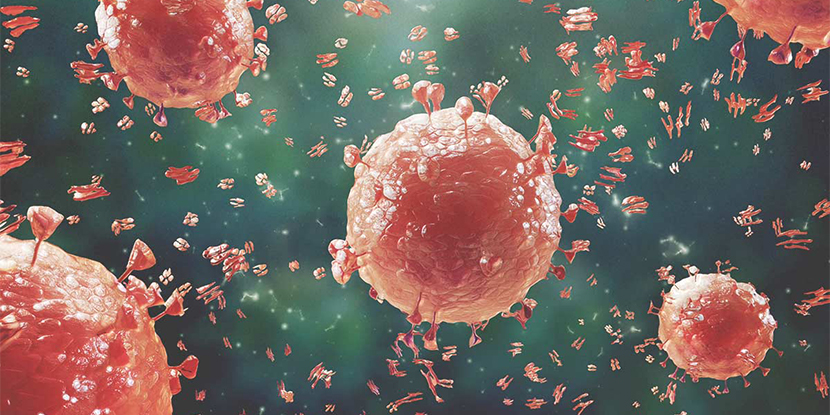Infectious agents called pathogens are microbes or microorganisms which are infectious in nature and cause disease in unicellular as well as multi-cellular organisms including humans, animals and plants. These agents disrupt the normal physiology of its host and cause an infection. Pathogens are thought of being hostile agents that invade the natural flora of its victim, which results in a disease. In fact, pathogens require a favorable temperature to vitalize and procreate. Different pathogens demand a distinct environment for their survival. Some of these raid animals and some invade plants. Some find the human body which is rich in nutrients, has favorable temperature, moist and warm environment, thus breaching the normal bodily functions.
Certain microorganisms reside naturally on some of the body parts such as skin, mouth, gut, and genitals. These microorganisms are referred to as the normal flora of the body. These are the good bacteria that defend the immune system from getting an infection. Pathogens, the bad bacteria are chemically different from the natural flora. They gain entry into the body when a human has a weak immunity or some pathogens are effective enough that they do not rely on being immune-compromised to cross the biochemical or cellular barriers.
There is an immense variety of these microscopic and unicellular infectious agents . Viruses, bacteria, protozoa, fungi, prion, and worms are different types. Each type has its characteristics that are different from each other, for example, their mode of transmission, nature, chemical or genetic makeup, survival requirements, size, shape and conquering mechanisms.
Hence the diseases they cause have different signs and symptoms based on which a physician can differentiate between the causes of infection. The symptoms also relate to the site of infection. A virus alone can cause diseases in several areas of the body such as rabies in the nervous system, warts caused by a virus can be a consequence of skin infection. Likely, viruses causing flu can appear as runny nose, body aches, and an affected stomach. Similarly, the bacteria can cause certain diseases like dysentery, tuberculosis, and pneumonia. Bacteria invade a small area of the body like infecting a local body part. The most common symptoms of bacterial infections include erythematic skin, body rash, swelling of glands and fever. Likewise, a fungal infection can be identified as a skin rash. Protozoa cause infections like watery diarrhea, nausea, vomiting, and loss of water content from the body.
A prion is a protein that has no genetic material. Its mode of action is the change in its shape. If there would be a slight change in its anatomy, it causes disease. It usually affects the nervous system; mad cow disease is the most popular example in this category. There is also such a group of pathogens that is visible to the naked eye, these include, ectoparasite and endo-parasite. These are multi-cellular, fully grown organisms.
The endo-parasites are those infectious agents that reside inside the body of its host, such as, worms. Worms include roundworms and flatworms that usually reside inside the digestive system and cause dysentery. Their typical mode of entrance into the body is through undercooked food. The category of ectoparasite includes those living creatures that reside outside the body of its victim. Head lice, leech, and mites are the examples of this sub-type that live by sucking blood. The infection they cause is usually short-lived and terminates after they complete their lifecycle inside its host. Their treatment depends on the type of infection that has been caused. Anti-viral, anti-bacterial and anti-fungal medications are usually prescribed.
These infections can be controlled by taking preventive measures such as, getting vaccinated, washing hands prior eating and after using the lavatory, refraining from sharing personal items, like combs, razors, toothbrushes, etc. Disinfecting the kitchen, disposing the waste properly and by cooking the food thoroughly. If someone has got the infection, consultation from the doctor is necessary so that it would not spread to the others.
Image source link

















